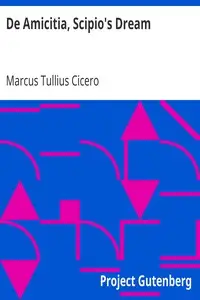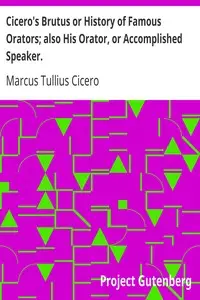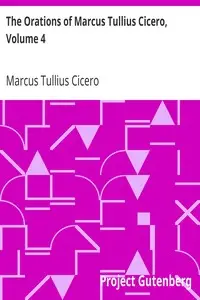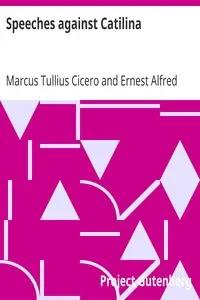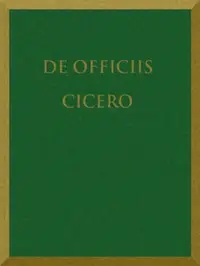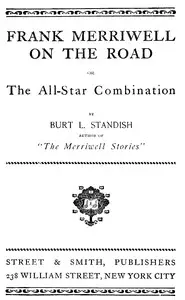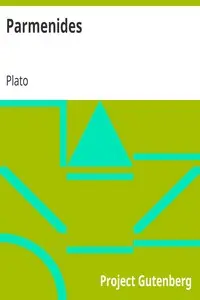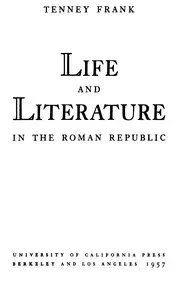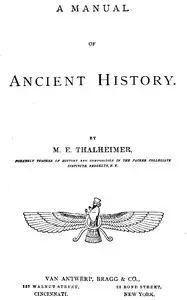"Academica" by Marcus Tullius Cicero is a philosophical treatise that likely dates back to the late Roman Republic period. This work delves into the nature of knowledge and the intricacies of epistemology, as Cicero explores the tenets of various philosophical schools and their implications on human understanding. Through the dialogues presented in the text, Cicero engages with significant figures from different philosophical traditions, particularly the Academics, Stoics, and Epicureans. At the start of "Academica," Cicero reflects on his journey as a philosophy student, detailing his early influences from notable philosophers such as Phaedrus, Diodotus, and Philo of Larissa. He illustrates how these encounters shaped his understanding and appreciation of philosophy, particularly the Academic school's emphasis on skepticism and the pursuit of truth. The opening portion sets the stage for a deeper exploration of philosophical questions, as Cicero wrestles with the challenges posed by dogmatism, providing a foundation for the discussions and debates that will unfold in the subsequent sections of the work. (This is an automatically generated summary.)
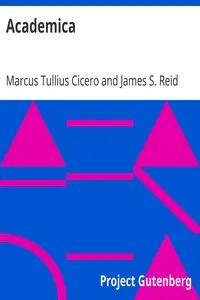
Academica
By Marcus Tullius Cicero
"Academica" by Marcus Tullius Cicero is a philosophical treatise that likely dates back to the late Roman Republic period. This work delves into the n...
Marcus Tullius Cicero was a Roman statesman, lawyer, scholar, philosopher, writer and Academic skeptic, who tried to uphold optimate principles during the political crises that led to the establishment of the Roman Empire. His extensive writings include treatises on rhetoric, philosophy and politics. He is considered one of Rome's greatest orators and prose stylists and the innovator of what became known as "Ciceronian rhetoric". Cicero was educated in Rome and in Greece. He came from a wealthy municipal family of the Roman equestrian order, and served as consul in 63 BC.

